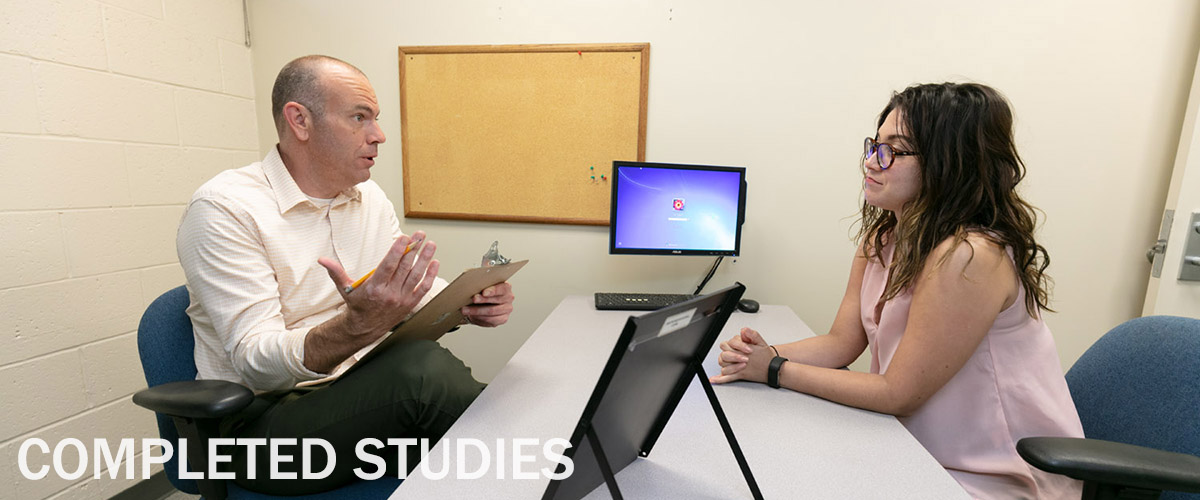Cannabis for Treatment of HIV-Related Peripheral Neuropathy
INVESTIGATOR: Donald Abrams, M.D.
STUDY LOCATION: University of California, San Francisco
PROJECT TITLE: Cannabis for Treatment of HIV-Related Peripheral Neuropathy
PROJECT TYPE: Clinical Study
STATUS: COMPLETED
RESULTS:
The full results of this study appear in the February 13, 2007 issue of the journal Neurology. A full version of the article can be found here*. Below is a brief summary of these results.
Dr. Abrams and the Community Consortium conducted a study to evaluate the safety and effectiveness of smoked marijuana to treat pain caused by HIV-related peripheral neuropathy (injury to the nerves that supply feelings to your arms and feet). The study evaluated whether marijuana had an effect on pain relief. Marijuana was compared to a placebo; a cigarette that smells and tastes like marijuana but has no active ingredients (THC).
The study evaluated both ongoing neuropathic pain (clinical pain) and temporary pain induced by applying heat and capsaicin (ingredient that makes red peppers hot) cream to a small area of the skin (experimental pain).
Fifty-five patients were randomized and 50 completed the entire trial. Smoked marijuana reduced daily pain by 34% compared to 17% with placebo. The study concluded that 52% of patients who smoked marijuana had a greater than 30% reduction in pain compared to 24% in the placebo group. In this study, smoked marijuana was well tolerated and effectively relieved chronic neuropathic pain from HIV-related peripheral neuropathy. The findings are comparable to clinically proven oral drugs for chronic neuropathic pain.
ABSTRACT:
The primary objective of this study was to evaluate the efficacy of smoked marijuana when used as an analgesic in persons with neuropathic pain due to HIV-related peripheral neuropathy. To do this, we first conducted a non-randomized pilot study that assessed the anticipated analgesic effects of the drug and provide estimates of response rate, variance and time to treatment effect. Based on evidence of a treatment effect in the pilot study, we conducted a randomized, double-blind, placebo-controlled clinical efficacy study. In addition to assessing the analgesic effects of smoked marijuana on neuropathic pain, individual differences in subjective relief of pain were be anchored by an assessment of the analgesic effects of smoked marijuana on experimentally-induced pain using a heat/capsaicin experimental pain model and cutaneous secondary hyperalgesia. Plasma THC levels and changes in mood were measured in both studies as covariates. Sixteen subjects were enrolled in the pilot study.
Both studies were conducted in the General Clinical Research Center at San Francisco General Hospital. The inpatient setting permitted us to measure plasma THC levels as a means to assess the total dose delivered, and to rigorously assess the primary outcome measures - changes in intensity of pain as measured by a visual analog scale - at multiple time points during the intervention phases. Both studies were comprised of two phases: a 2-day lead-in period in which baseline measurements are obtained, followed immediately by an intervention phase that will last either 7 days (the pilot study) or 5 days (the randomized, controlled trial). In the pilot study, all subjects received smoked marijuana cigarettes. In the randomized study, subjects received either smoked marijuana or placebo marijuana THC cigarettes. The heat/capsaicin experimental pain model was used in both studies to assess drug response to quantifiable and reproducible experimentally-induced pain. Subjects in both studies continued any concurrent analgesic medications (e.g., gabapentin, amytriptyline, narcotics, NSAIDs) they were taking by prescription. They were asked to maintain the same dose and frequency while in the study, which was recorded daily.
*Published with permission from Lippincott Williams & Wilkins, a division of Wolters Kluwer Health. http://www.lww.com.

